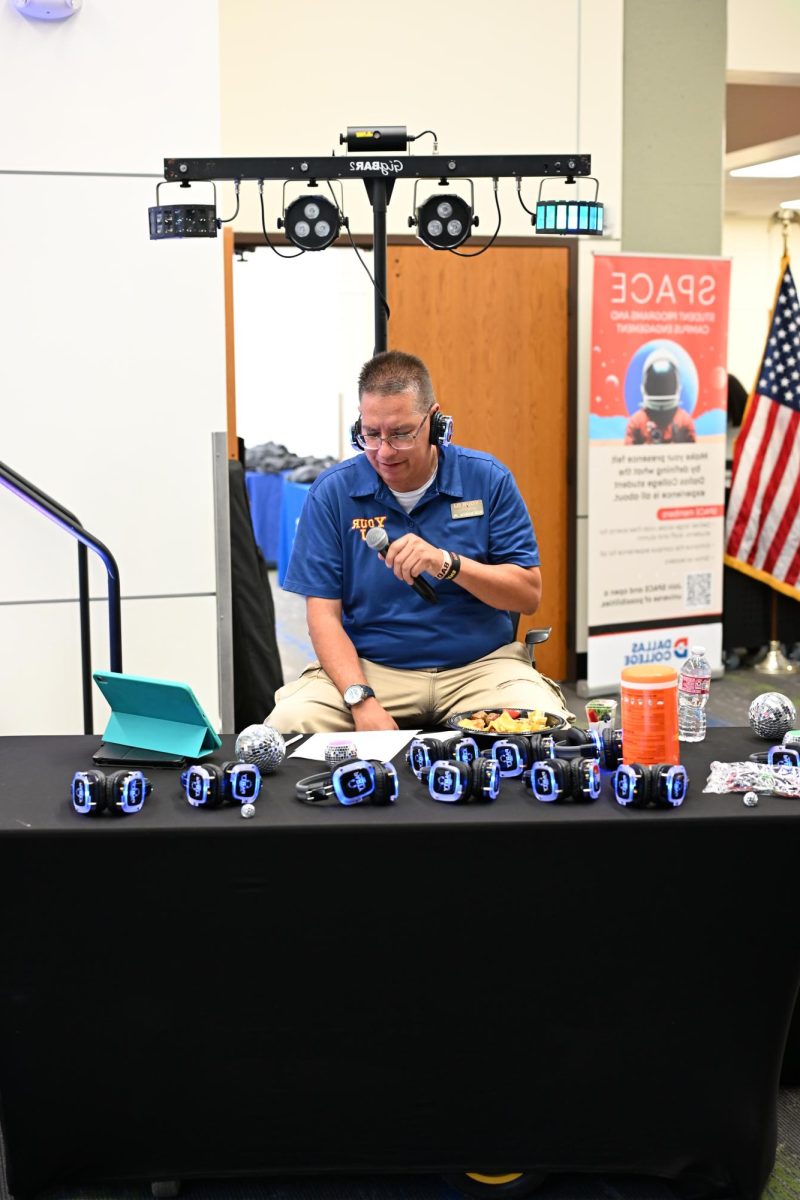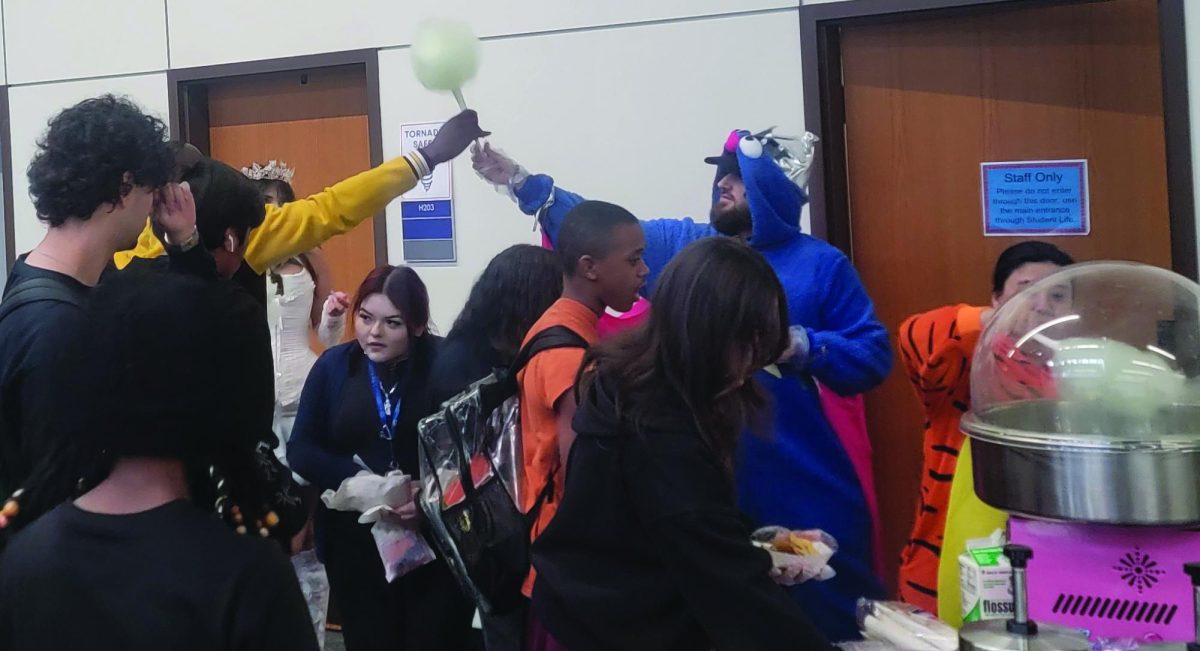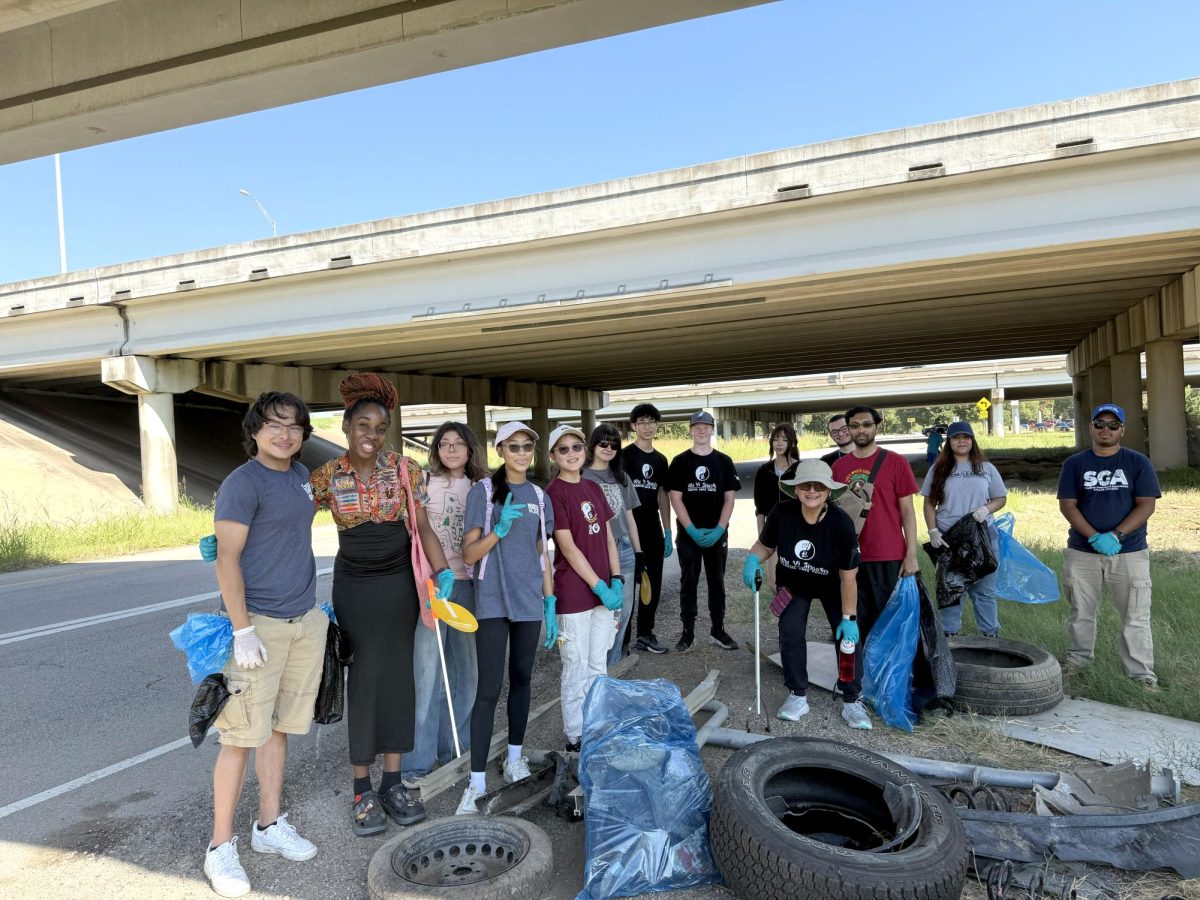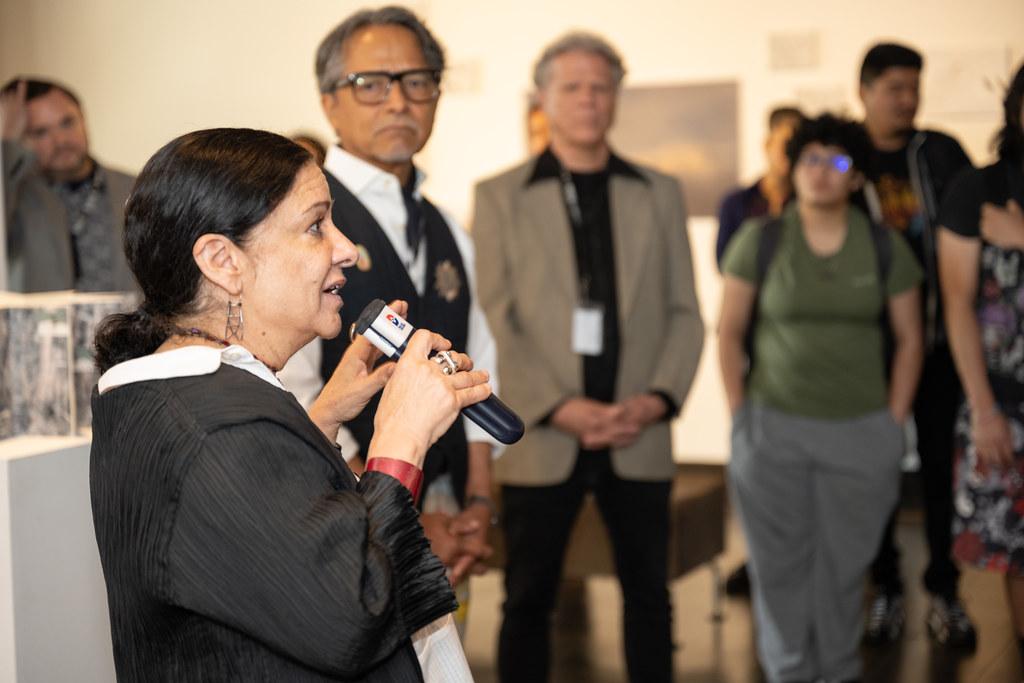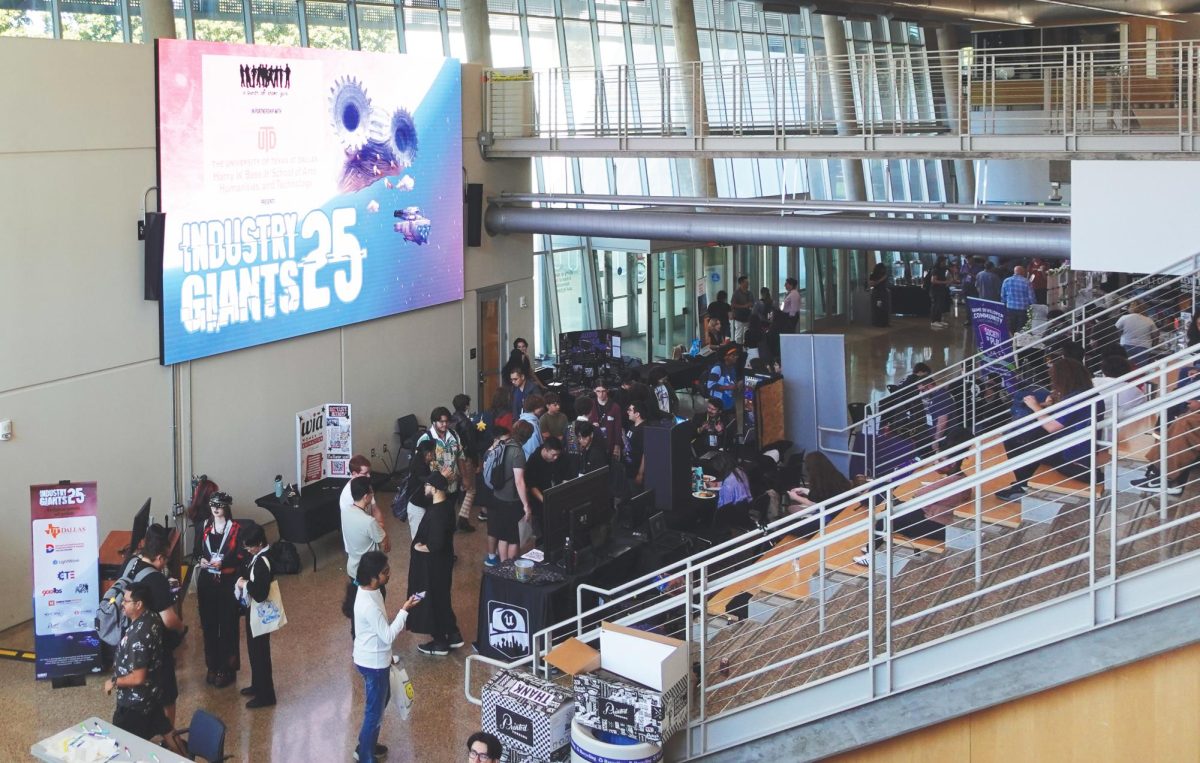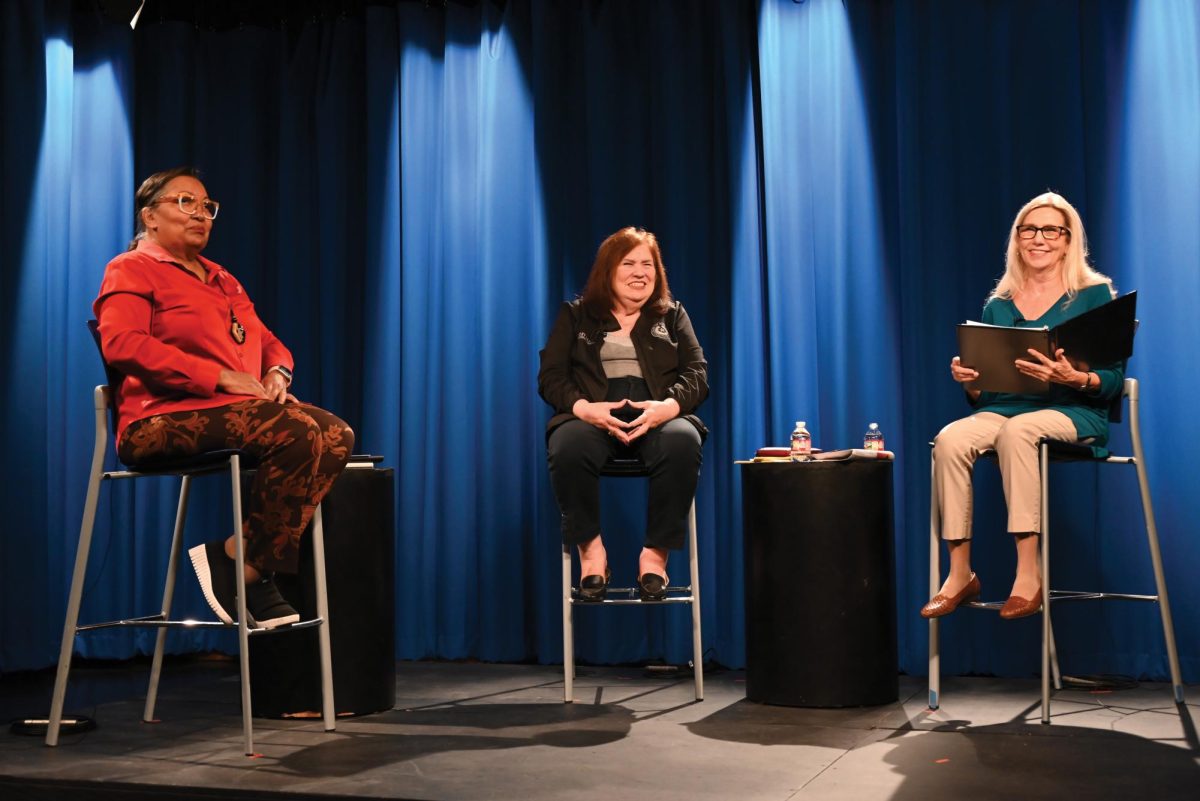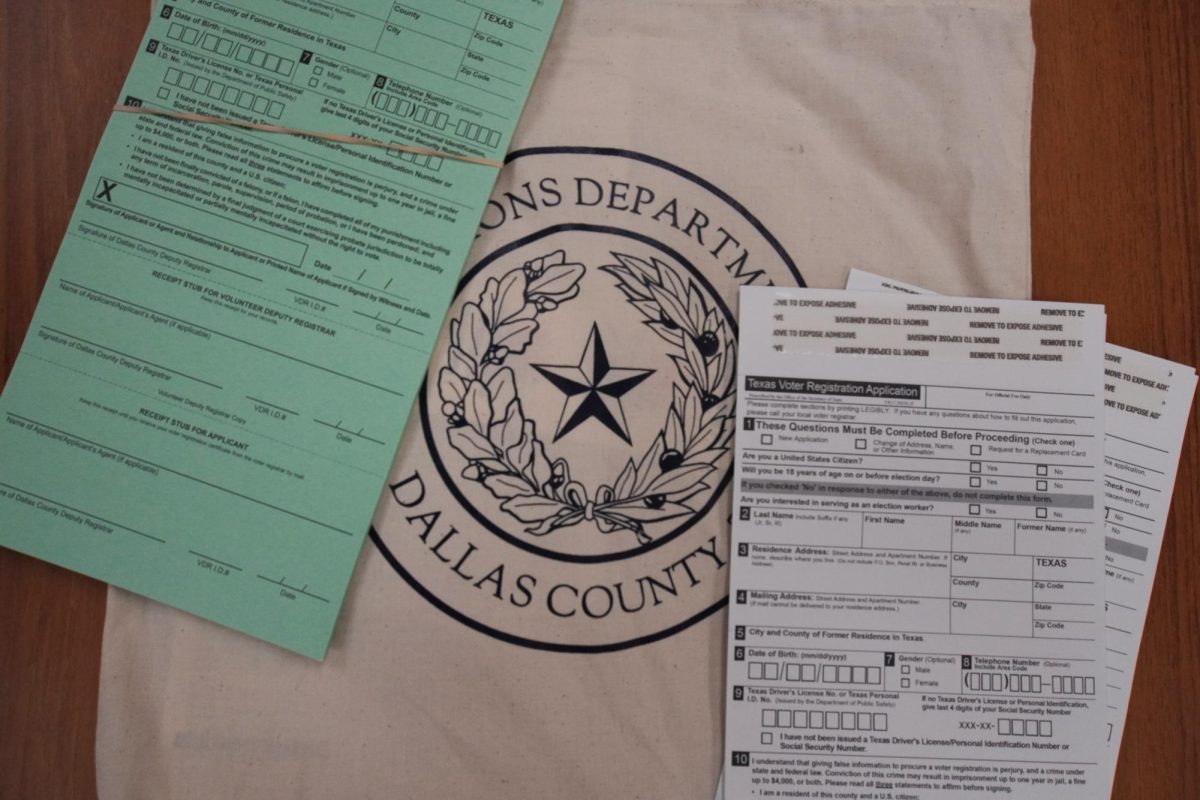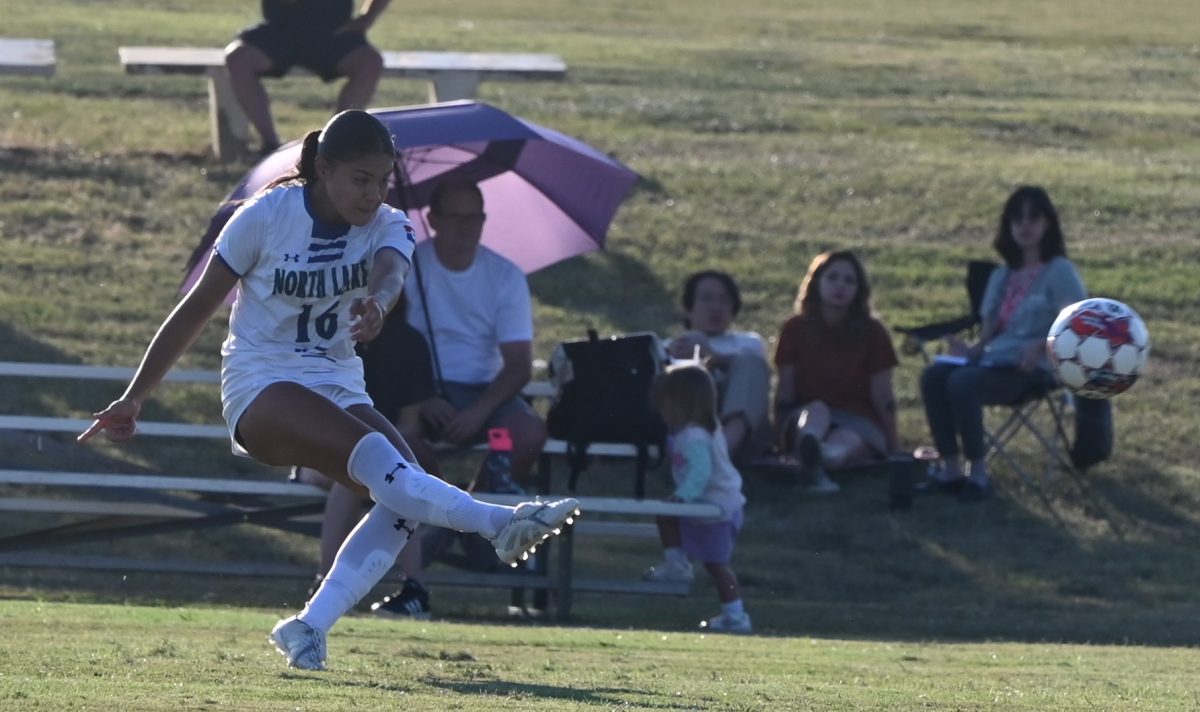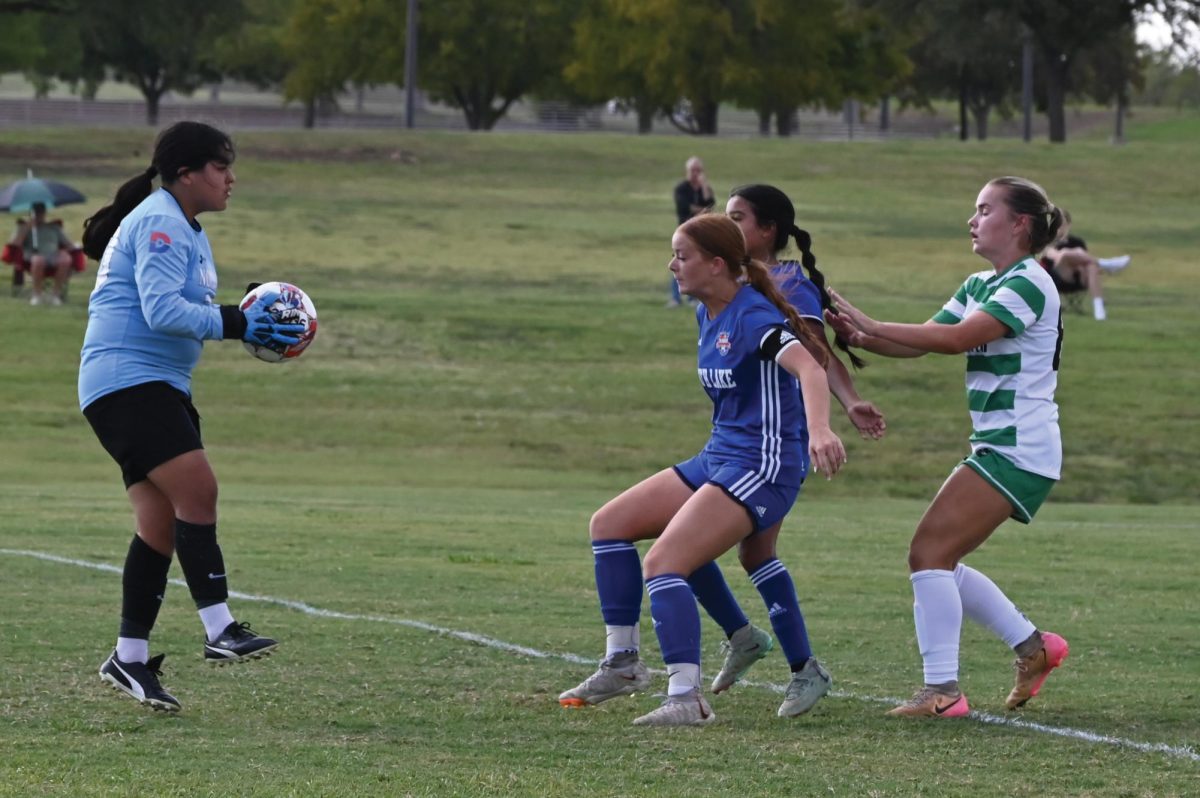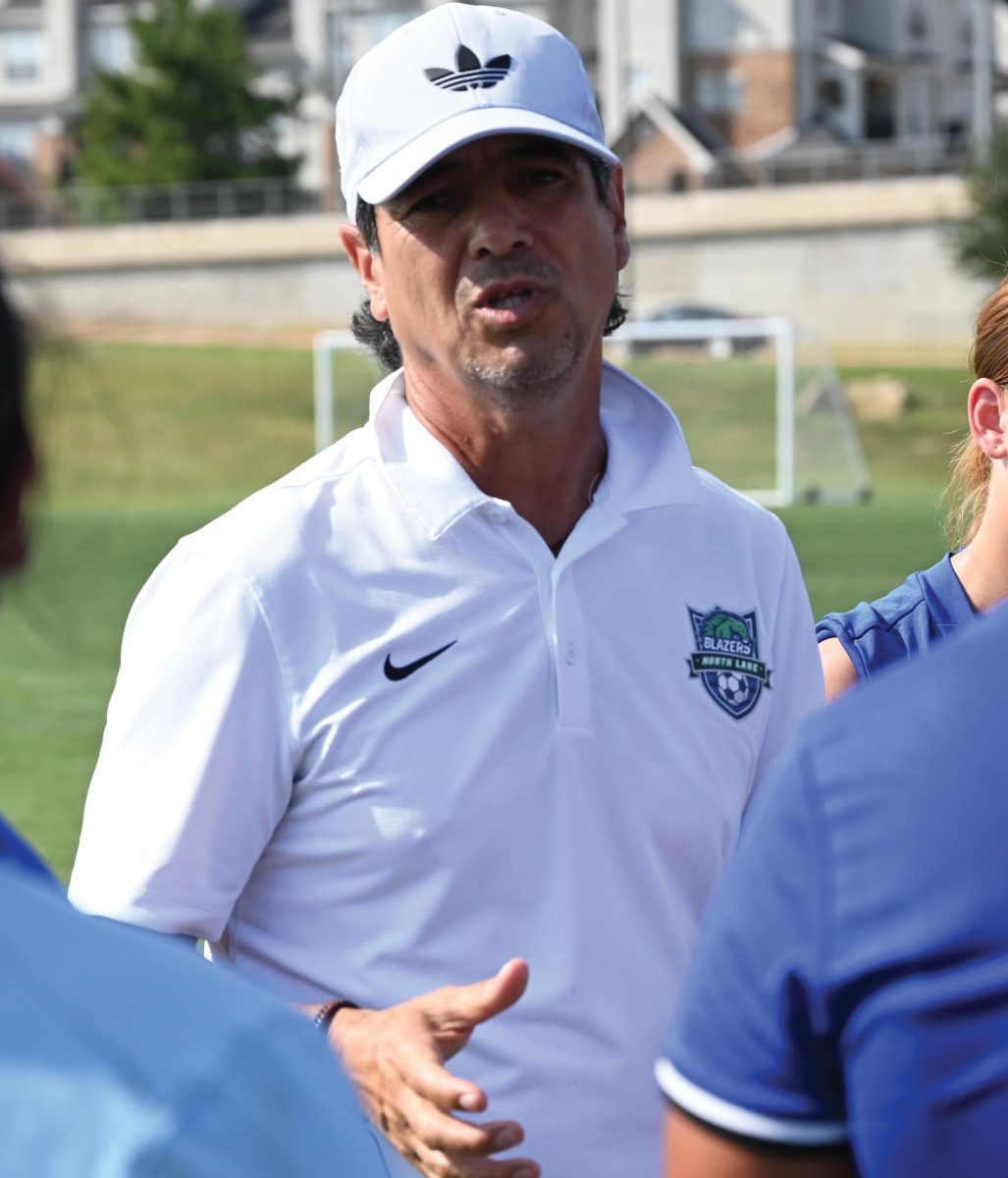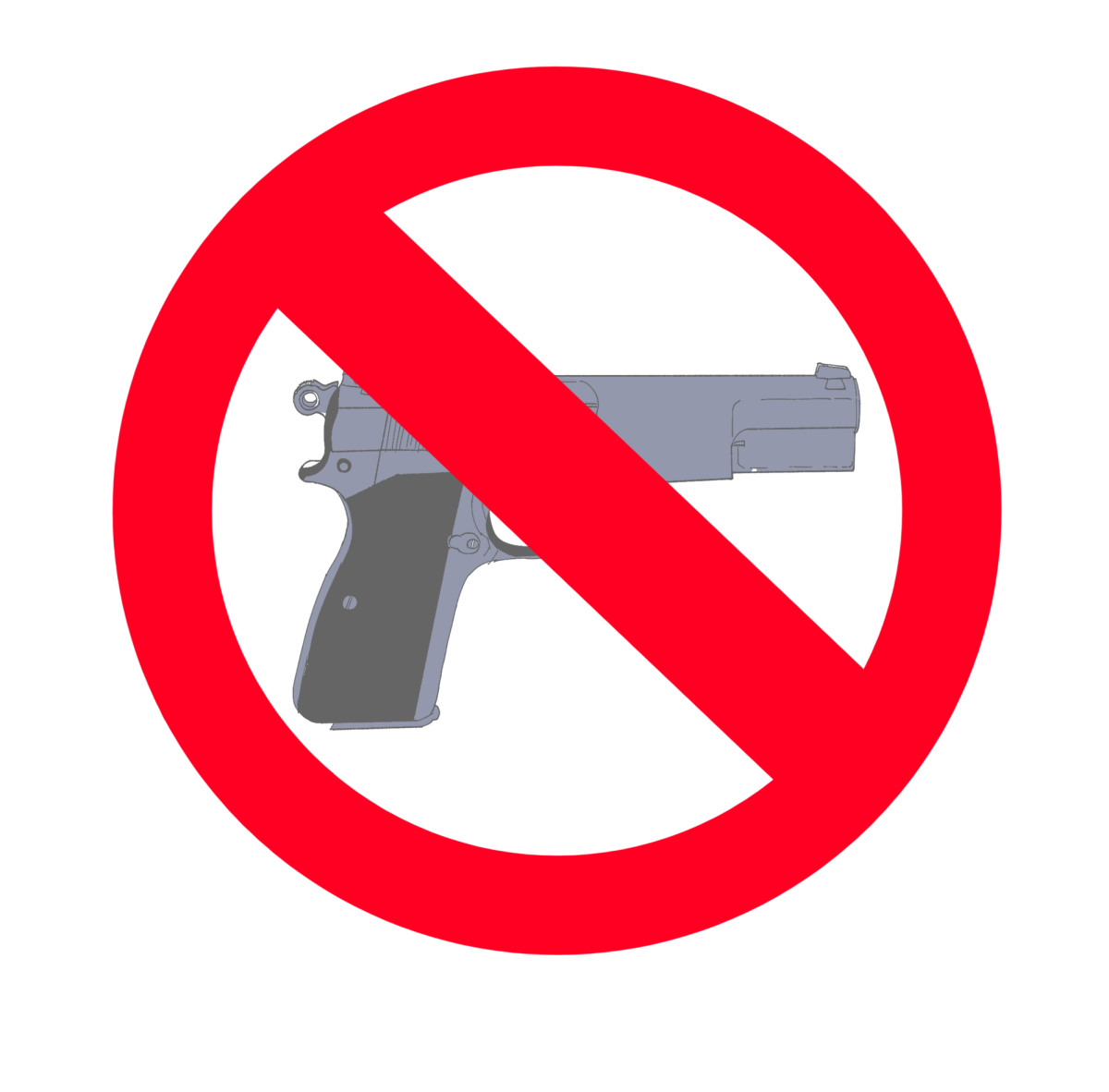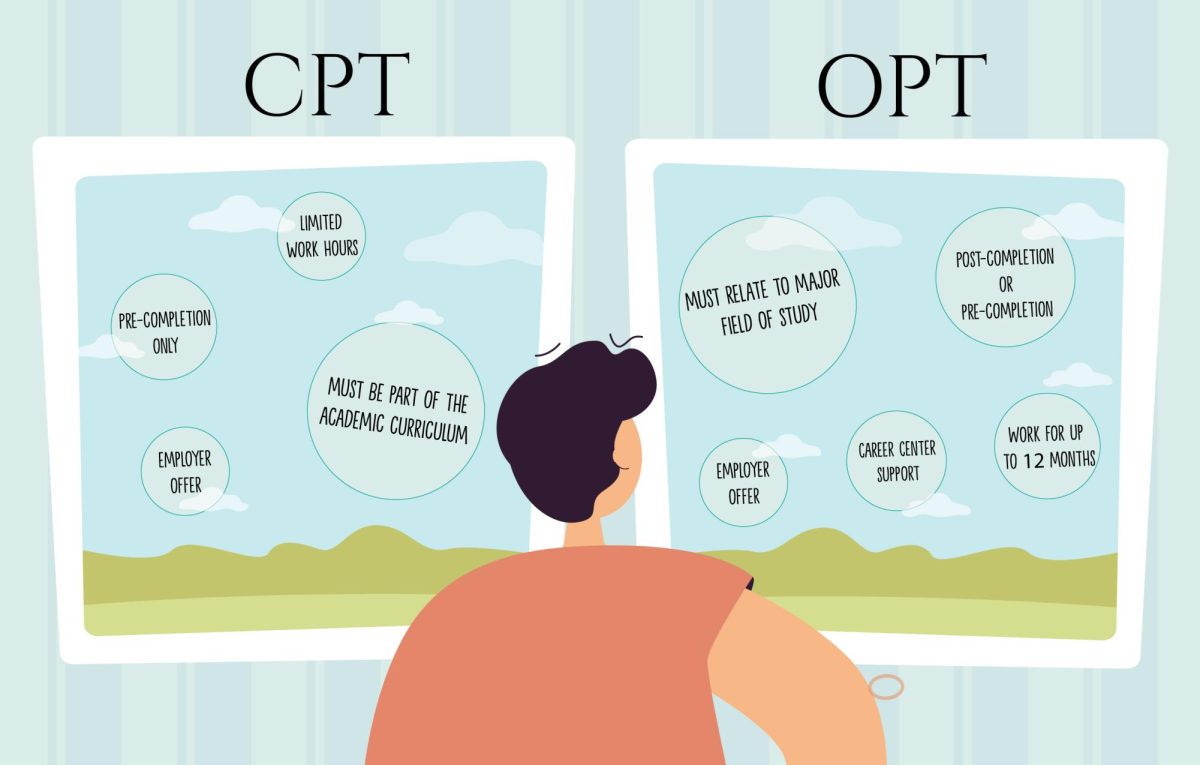International students can work in the U.S. after completion of a college level degree.
Optional Practical Training (OPT) is a way for the international student to get an Employment Authorization Document (EAD) for one year.
This is chance for the students to enhance their skills.
There are two different types of OPT; Pre-completion OPT and Post-Completion OPT.
“The most popular one is a Post-Completion OPT and students are eligible to apply for this type of employment once they finish the degree, they have applied for graduation and we are sure that the students are going to finish the degree,” Juan Chilito, a Designated School Officer (DSO) said. “So, if the students have completed at least one academic year as F-1 (visa) students and they are okay in academic terms they can apply for OPT.”
At the associate’s degree level, students can apply 90-days before or 60-days after graduation. OPT lasts for one year.
“Students can work during the whole year, or interrupt that and transfer out,” Chilito said.
There are some limitations and criteria that needs to be followed. Students should be careful of when applying for OPT as employment must be in their field of study.
“Since they are international students, they don’t know much about the process of getting a job in the U.S. The lack of experience in the U.S., I think, it’s a huge limitation,” Chilito said.
He adds that Dallas College offers advisory sessions that can assist students in applying for jobs, creating a resume and preparing for interviews through the Career and Transfer Center.
“Students come to my office, and they are always asking me, what can I do if I’m doing an Associate of Science, for example, which is a very general program. So that lack of knowledge, I think, is a huge limitation for them.”
Curriculum Practical Training (CPT) is an opportunity to work in the student’s specific field of study for credit.
A copy of the student’s passport, copy of any CPT that may have been done by the student in past two years and two copies of passport-sized photos are required for the application. The student is required to fill out the employment authorization form (I-765) for the U.S. Customs and Immigration Service (USCIS) and make a payment of $470 to the government.
“Typically, students come and visit me, letting me know that they are in the last semester to complete the program,” Chilito said.
After applying for and confirming the student’s graduation, Chilito says he checks with a success coach to make sure all the credits have been completed to graduate. Then the DSO can recommend filing an OPT I-20 form.
“And for me to issue that I-20, I just need to make sure that everything is okay,” Chilito said.
The student fills out a form to request the I-20 from the DSO and is responsible for applying to the USCIS for OPT.
“Traveling is not a recommended while the OPT is pending, but once you get been approved and start working the student can ask the employer for the endorsement for traveling,” said Chilito.
The Career and Transfer Center at North Lake Campus is located on the bottom floor of the library. Specialists can help students search for a job in addition to applying to universities.
In addition to OPT, international students also have a chance to apply for Curricular Practical Training.
The requirement should be part of the student’s curriculum. CPT should be requested by the class to make the student eligible.
“Let’s say, for example, the nursing program. When students do nursing program, there is a semester in which they must do clinicals. And for them to do clinicals, they must go and work for that semester,” Chilito said. “So, since that class requires clinicals that’s why it’s called CPT: Curricular Practical Training.”
Chilito adds that the DSO makes sure the form is signed by the class instructor and is part of the curriculum.
“And after that, we authorize the CPT. If the student doesn’t have a social, then we provide a letter for them to go to social so they can start doing the internship,” Chilito said.
The DSO also requires the Dallas College CPT request form, which is signed by the student, the instructor, the administrator and the DSO.
“We also need a copy of the employment letter or the place where the students are going to be doing their internship as well,” he said.
“The most popular CPT are mostly the part-time CPT, which is basically employment for 20 hours or less per week. We approve CPT per semester. So, let’s say I don’t know the program of the study requires CPT in three semesters, in different semesters, we can authorize that if all documentation is provided” Chilito said.
There is also a full time CPT which is more than 20 hours per week.
“It’s important to know that if student has 12 months or more full time CPT, like more than a year or a year, that will eliminate the OPT option. So, when a student completes more than 12 months on CPT they cannot do OPT when they graduate,” he said.


